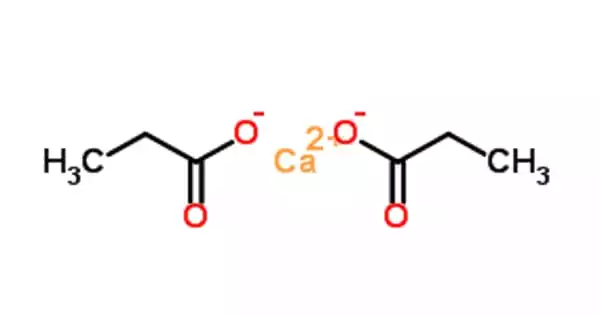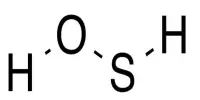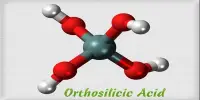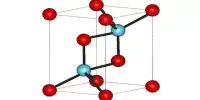Calcium propanoate, also known as calcium propionate, has the formula Ca(C2H5COO)2. It is the calcium salt of propanoic acid. It is a food additive found in many foods, particularly baked goods. It acts as a preservative by interfering with microorganism growth and reproduction.
It is listed as E number 282 in the Codex Alimentarius as a food additive. Calcium propionate is used as a preservative in a wide range of products, including bread and other baked goods, processed meat, whey, and other dairy products. It is used in agriculture to prevent milk fever in cows and as a feed supplement, among other things. Propionates, like benzoates, prevent microbes from producing the necessary energy.
Properties
- Chemical formula: C6H10CaO4
- Molar mass: 186.2192 g/mol
- Appearance: White crystalline solid
- Solubility in water: 49 g/100 mL (0 °C); 55.8 g/100 mL (100 °C)
- Solubility: slightly soluble in methanol, ethanol and insoluble in acetone, benzene
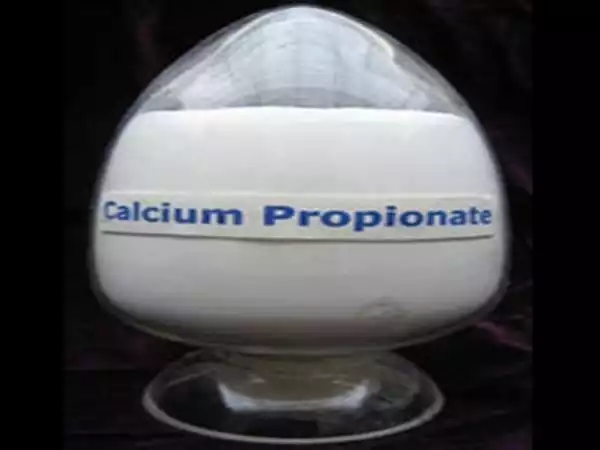
Preparation
Calcium propionate is created by reacting calcium hydroxide with propionic acid. Calcium propionate inhibits yeast growth but not mold or bacteria growth on bread and cakes. However, its addition to bread has no effect on yeast fermentation. Because calcium ion interferes with the chemical leaving action, it is rarely used in cake. Because it can improve the flavor of bread and rolls, it is commonly used in their production.
Calcium propionate is created by reacting propionic acid with calcium carbonate or calcium hydroxide. It is the calcium salt of propionic acid, and it is a common bread and meat preservative that works by inhibiting the growth of mold and other bacteria, thereby extending food shelf life.
Uses
Calcium propionate is used in bakery products as a mold inhibitor, typically at 0.1-0.4% (though animal feed may contain up to 1%). Mold contamination is considered a serious problem amongst bakers, and conditions commonly found in baking present near-optimal conditions for mold growth.
It’s commonly used as a food additive — known as E282 — to help preserve various food products, including (1Trusted Source, 2):
- Baked goods: breads, pastries, muffins, etc.
- Dairy products: cheeses, powdered milk, whey, yogurt, etc.
- Beverages: soft drinks, fruit drinks, etc.
- Alcoholic drinks: beers, malt beverages, wine, cider, etc.
- Processed meats: hot dogs, ham, lunch meats, etc.
On fruit, calcium propionate can be used as a fungicide. Human subjects fed 500 mg of calcium propionate twice daily showed a modest decrease in LDL and total cholesterol, but no change in HDL in a recent well-designed translational study. The study, which lasted only eight weeks, requires additional studies of both verification and length to demonstrate the clinical value of this chemical.
